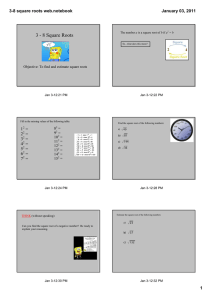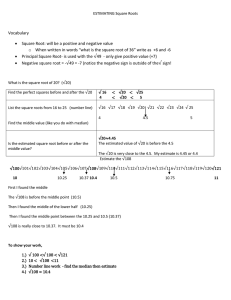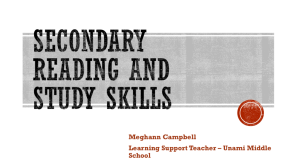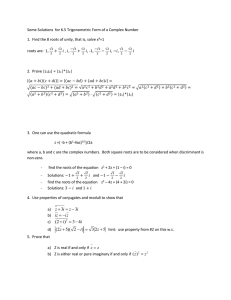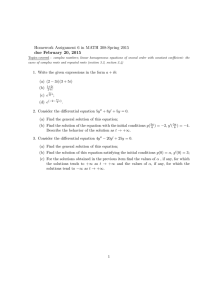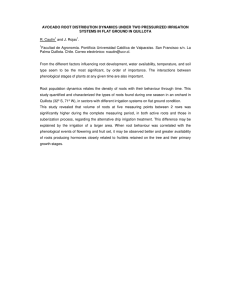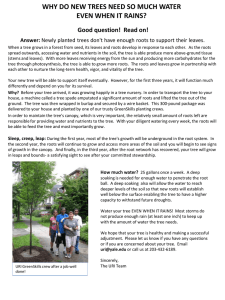Introduction
advertisement
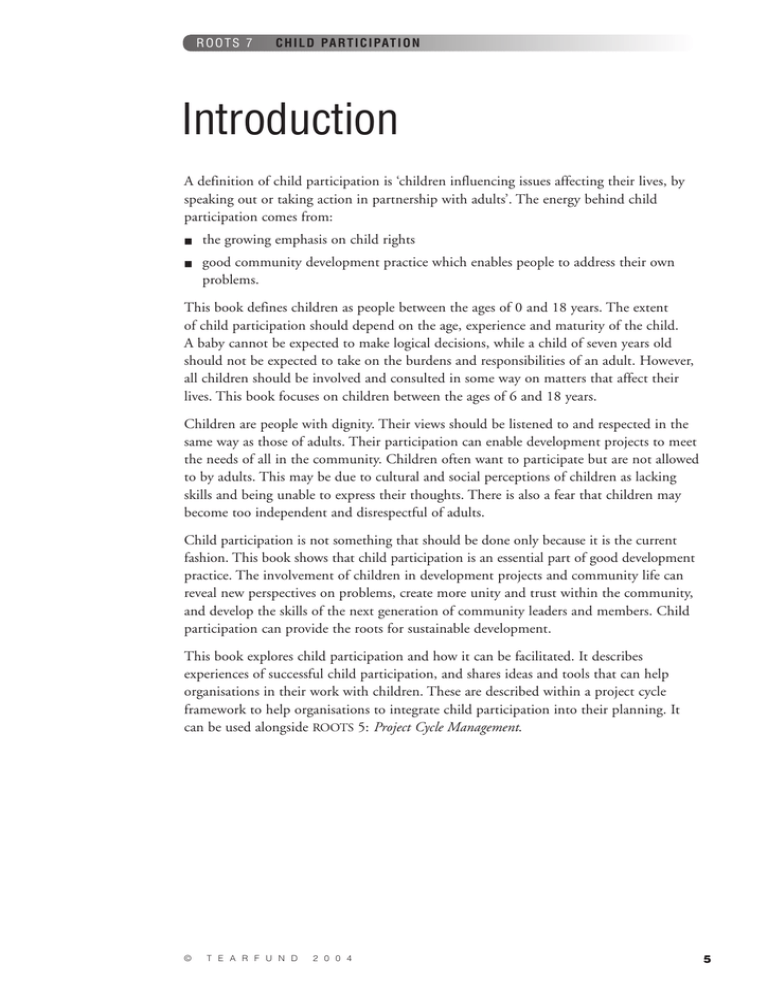
ROOTS 7 C H I L D PA RT I C I PAT I O N Introduction A definition of child participation is ‘children influencing issues affecting their lives, by speaking out or taking action in partnership with adults’. The energy behind child participation comes from: ■ the growing emphasis on child rights ■ good community development practice which enables people to address their own problems. This book defines children as people between the ages of 0 and 18 years. The extent of child participation should depend on the age, experience and maturity of the child. A baby cannot be expected to make logical decisions, while a child of seven years old should not be expected to take on the burdens and responsibilities of an adult. However, all children should be involved and consulted in some way on matters that affect their lives. This book focuses on children between the ages of 6 and 18 years. Children are people with dignity. Their views should be listened to and respected in the same way as those of adults. Their participation can enable development projects to meet the needs of all in the community. Children often want to participate but are not allowed to by adults. This may be due to cultural and social perceptions of children as lacking skills and being unable to express their thoughts. There is also a fear that children may become too independent and disrespectful of adults. Child participation is not something that should be done only because it is the current fashion. This book shows that child participation is an essential part of good development practice. The involvement of children in development projects and community life can reveal new perspectives on problems, create more unity and trust within the community, and develop the skills of the next generation of community leaders and members. Child participation can provide the roots for sustainable development. This book explores child participation and how it can be facilitated. It describes experiences of successful child participation, and shares ideas and tools that can help organisations in their work with children. These are described within a project cycle framework to help organisations to integrate child participation into their planning. It can be used alongside ROOTS 5: Project Cycle Management. © T E A R F U N D 2 0 0 4 5

